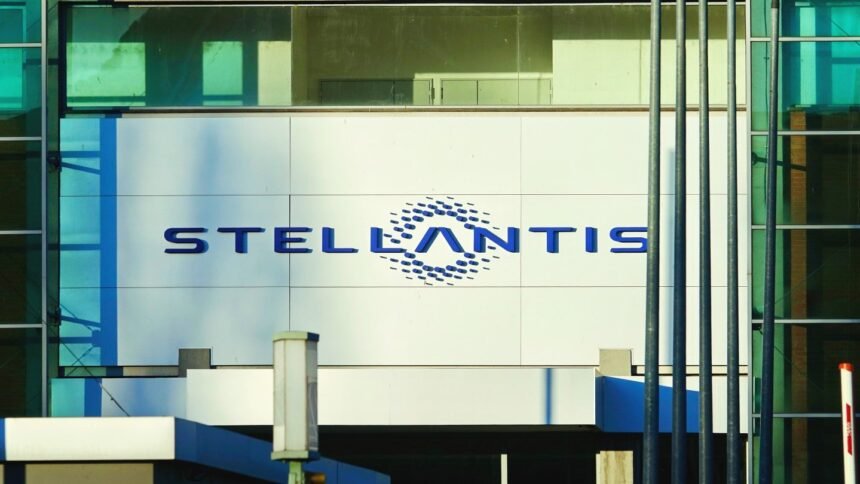Stellantis and Amazon have announced the discontinuation of their collaboration on the SmartCockpit in-car software project. The project aimed to enhance the driving experience by integrating Amazon’s technology into vehicles, creating a more personalised and connected driving environment.
The decision to wind down the SmartCockpit project highlights the challenges traditional automakers face in adopting advanced vehicle software in partnership with tech companies like Amazon. Both Stellantis and Amazon have stated that they will continue to work together on other initiatives despite ending this particular project.
The SmartCockpit project was initially announced in 2022 with the goal of turning Stellantis vehicles into intelligent, connected spaces with automation capabilities. It was part of Stellantis’s strategy to compete with electric vehicle leaders like Tesla and BYD, leveraging Amazon’s software expertise.
Former CEO Carlos Tavares had expressed his ambition for the partnership to make Stellantis vehicles “the most wanted, most captivating place to be, even when not driving.” However, Tavares’s departure last year and Stellantis’s declining stock value have posed challenges for the automaker.
Automotive software has become increasingly important, controlling various aspects of modern vehicles such as safety features and infotainment systems. Legacy automakers like Stellantis have struggled to develop these systems efficiently, often leading to partnerships or talent acquisitions from tech companies.
While the specific reasons for ending the SmartCockpit project are unclear, both companies have stated that the decision allows them to focus on solutions that align with their evolving strategies. Stellantis may explore alternative operating systems like Google’s Android platform to continue developing SmartCockpit.
Despite the end of the partnership, Stellantis will continue to use Amazon Web Services for data storage and updates, and Alexa will remain available in some of its vehicles. Amazon’s internal team, working on “Project Quatro,” aimed to compete with Google’s Automotive Services, the prevalent Android-based system used by many automakers.
In conclusion, the termination of the SmartCockpit project signifies the challenges automakers face in adopting advanced software solutions. Stellantis and Amazon will continue to collaborate on other initiatives, and Stellantis may explore alternative operating systems for future developments in vehicle technology.







